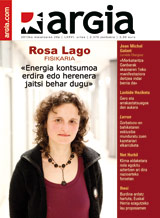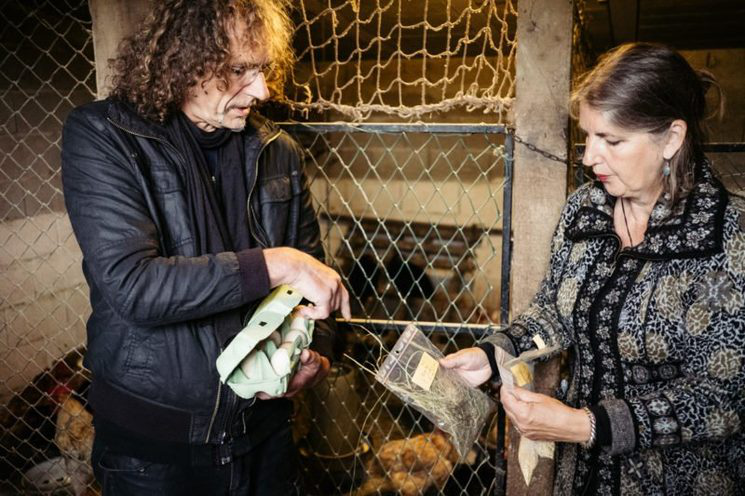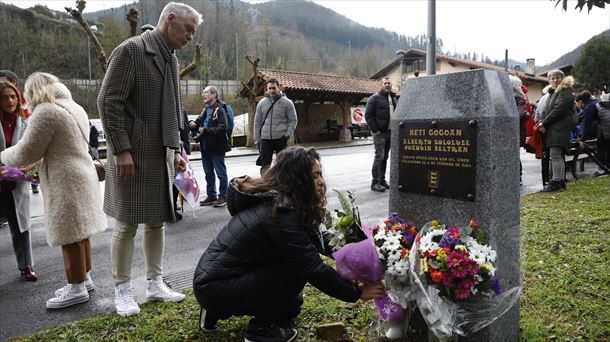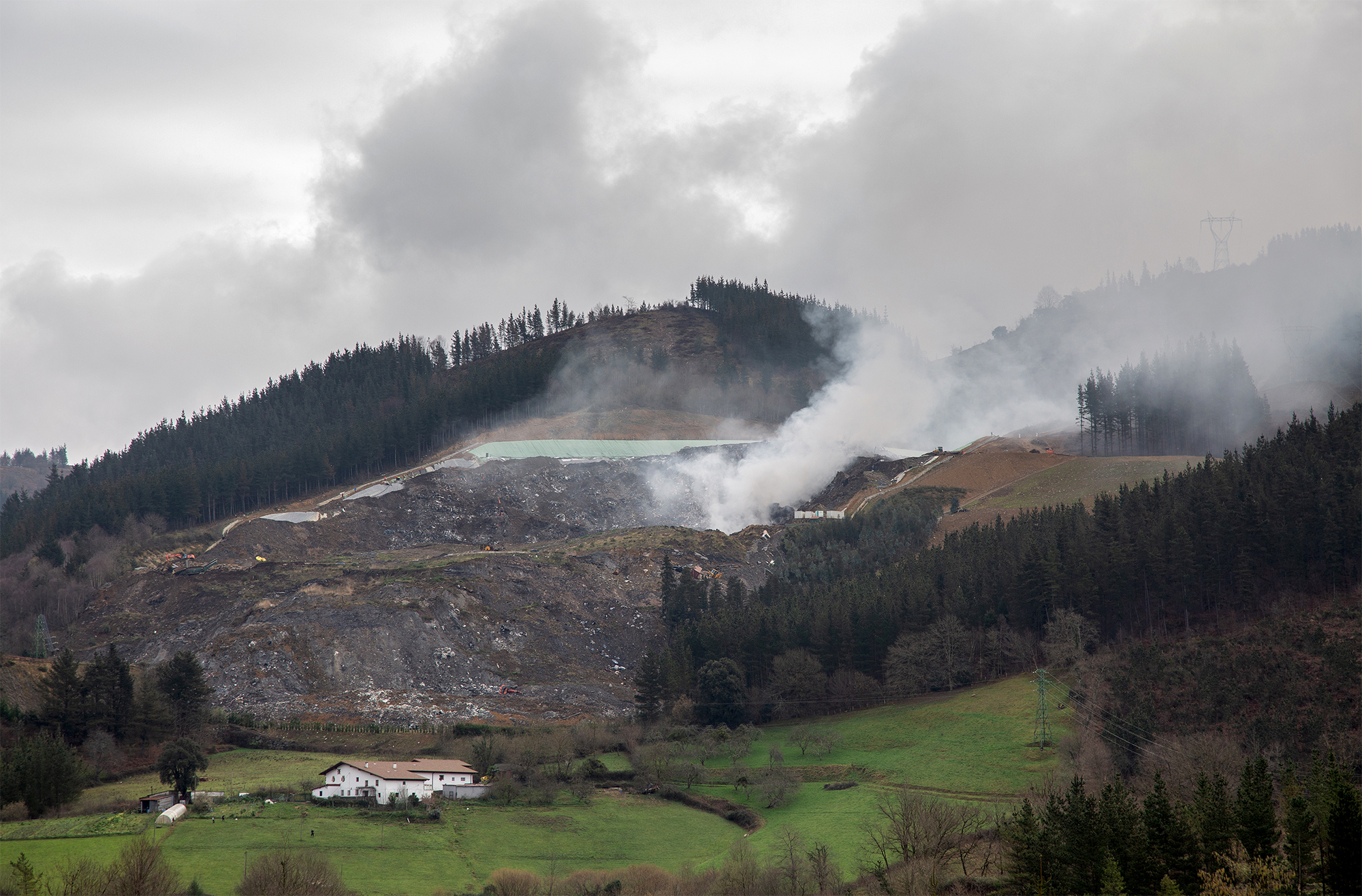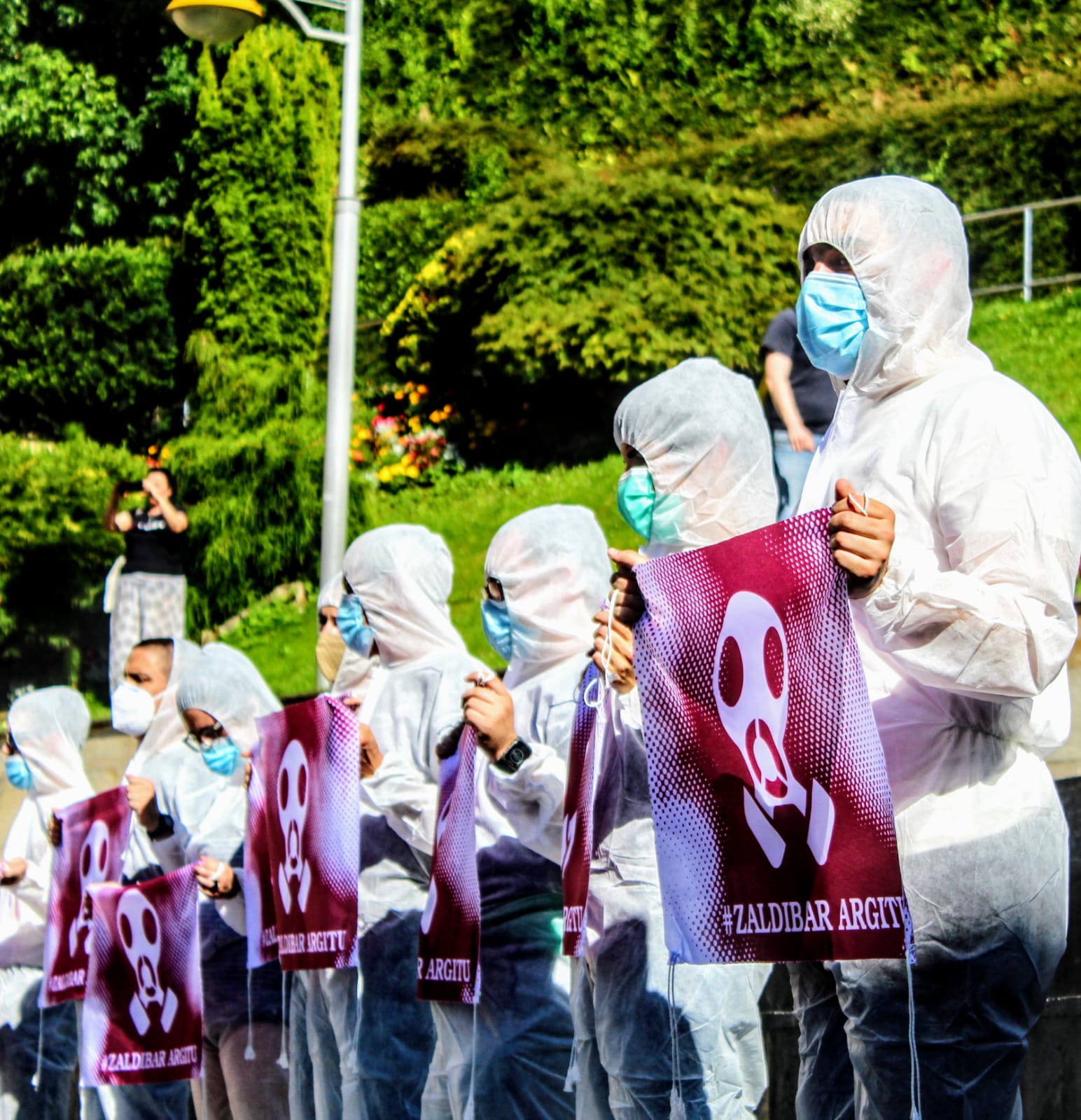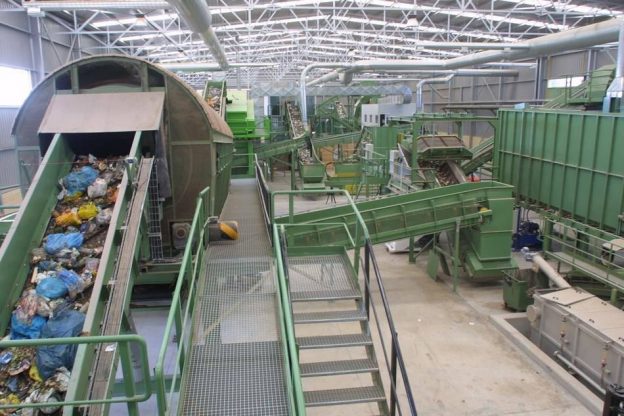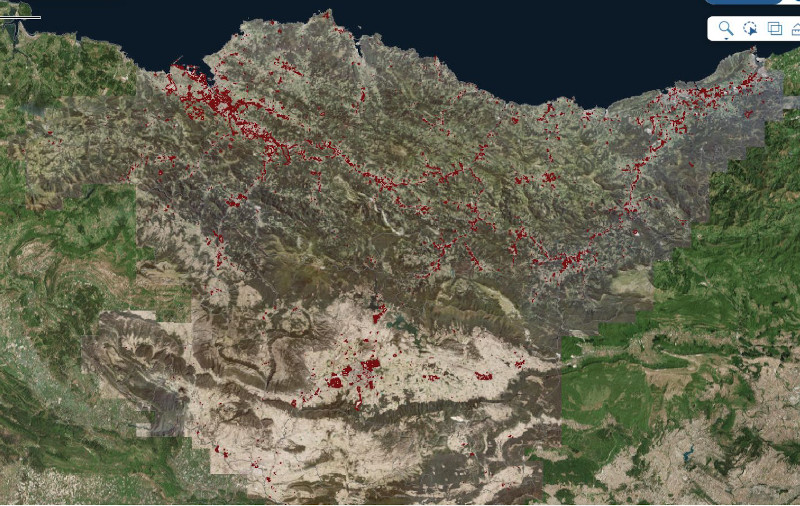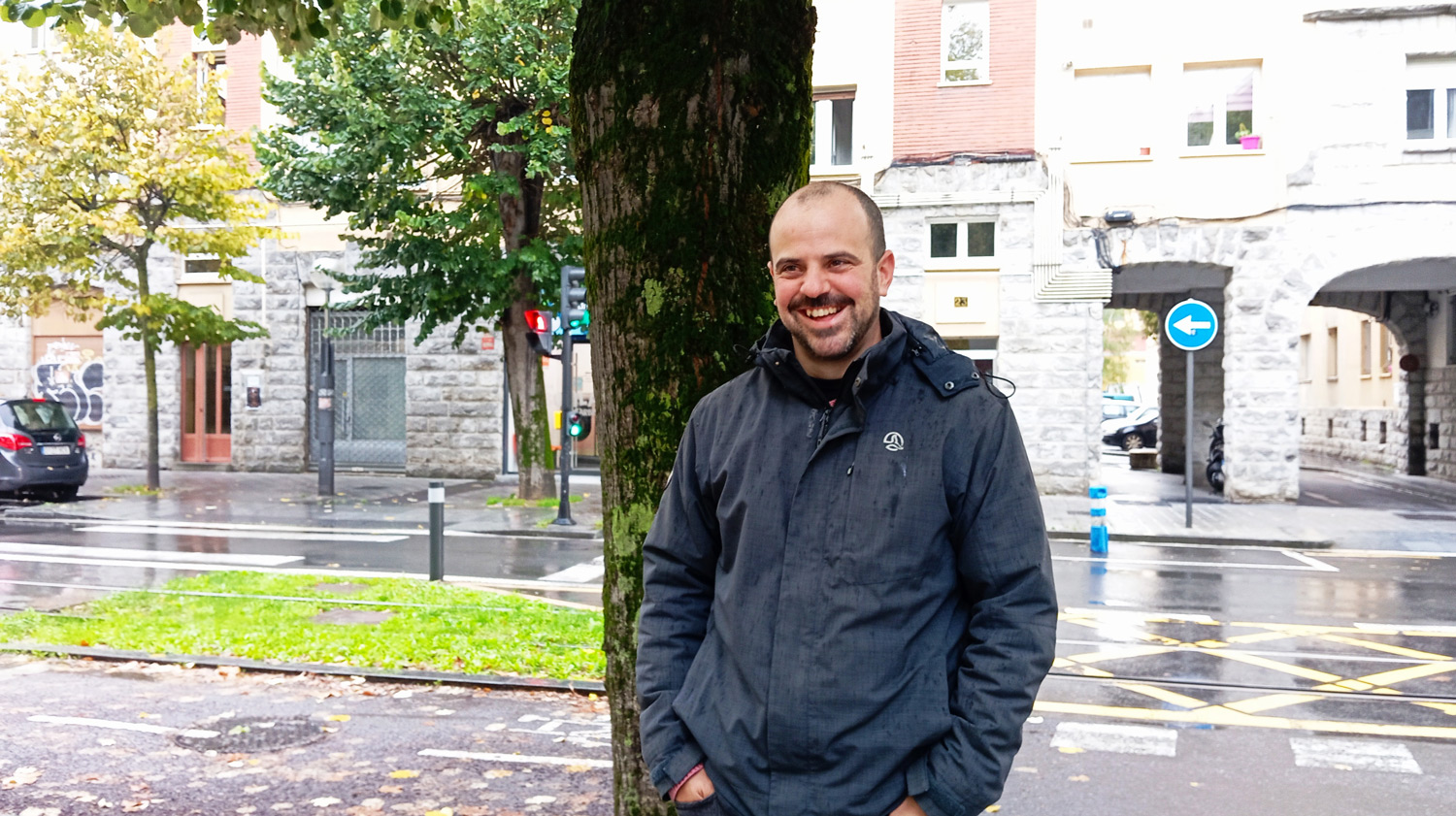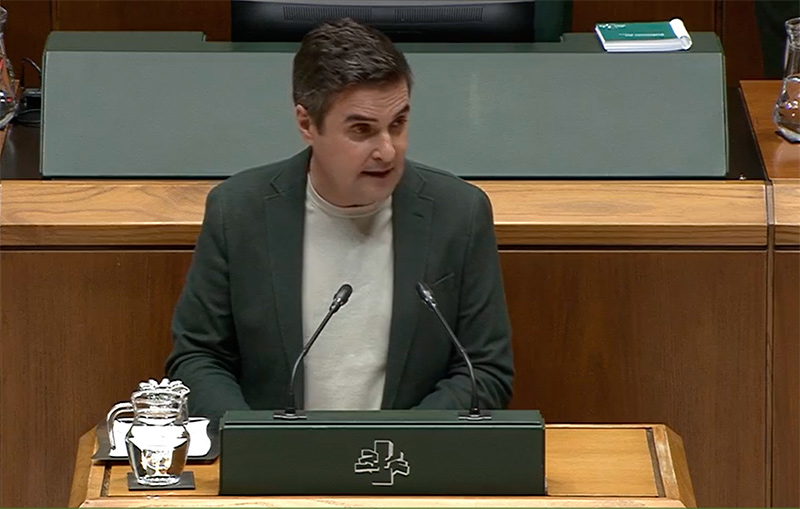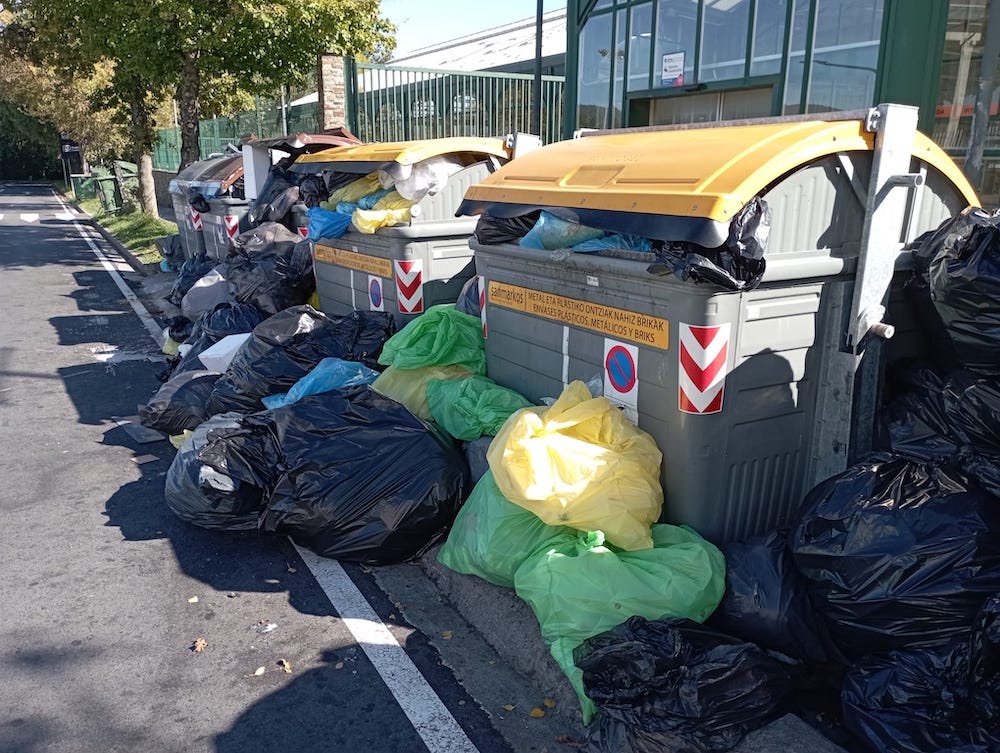Zarama: problem or opportunity
Hot potato. Indeed, it is what the municipal institutions of Gipuzkoa – and the citizens – have to do with the management of domestic waste. At the juncture of today, it seems that the antagonism around garbage has reached a high point. At first, when the incinerator project Zergarbi was rejected, we could say that it was an economic excuse 20 years ago, at the time of Roman Sudupe. Since then, the debate on household waste has been a long one. Today, there isn't a week without hot garbage news. There is a lot of competition, because after mobilizations against the incinerator in recent years, “countermeasures” are taking place against the Puerta a Puerta model. Witness of Legazpi.
The problem. It may be thought that it is a special problem of the Gipuzkoans and that it is up to the parties to find a political solution. But I do not think that the problem is any less so in Bizkaia or in Navarre, although at the present time there has been no great stir. Garbage is a global problem of sustainability, because the energy and material resources we have are limited and ecosystems cannot bear the amount of waste we generate, above all.
For some, the problem is not socio-ecological. They talk about aesthetics, smell, personal freedom or intimacy. They are also ecologists, of course, but without imposition. The problem is that waste management in all towns, neighborhoods and cities is a socio-ecological problem, to the point of becoming a conflict. And if for some the conflicts are symptoms of the disease of society (Parsons, Merton...) for many others (Simmel, Darhendorf, Hirschmann..) are rather relative to social life than negative.
Or the opportunity? In Nepal and Naples, Rio de Janeiro and Zarautz, waste management is at the political centre. Even in the Brazilian favelas, multinational companies want to put their nose into the detriment of garbage collectors' cooperatives. “Or the problem of lixo or profit” (the problem of garbage is profit) they say there and I agree that that is the problem we have here. I would like the broad social debate that is taking place in Gipuzkoa also in Bizkaia and throughout the Basque Country. Over the past 30 years, garbage has been an unbeatable business opportunity for those who have occupied CAPV environmental positions, and not just for Xabier Garmendia. If Zarama’s policy becomes important, and is taking it, I see the possibility of elites’ businesses becoming more and more difficult.
Lehengai anitzekin papera egitea dute urteroko erronka Tolosako Lanbide Heziketako Institutuko kimika industrialeko ikasleek: platano azalekin, orburuekin, lastoarekin, iratzearekin nahiz bakero zaharrekin egin dituzte probak azken urteotan. Aurtengoan, pilota eskoletan kiloka... [+]
The City Hall of Donostia-San Sebastián announced at last Thursday’s plenary session that it will increase the waste rate by 26.5% from January 2025, claiming that Waste Law 7/2022 obliges this. Eguzki, for its part, has denounced that the law only applies in terms of costs,... [+]
August is the holiday month for many people, including those who rule. And yet it is common to take advantage of the month of August to deal with some issues without much noise, albeit of great importance.
This is what is happening with the project to centralize sludge... [+]









